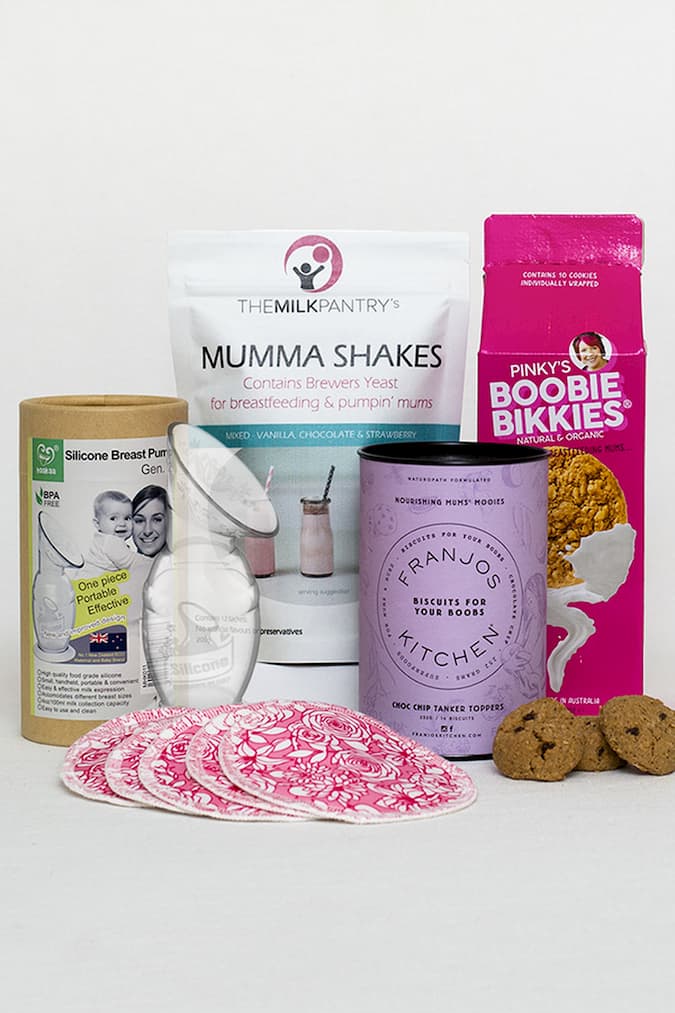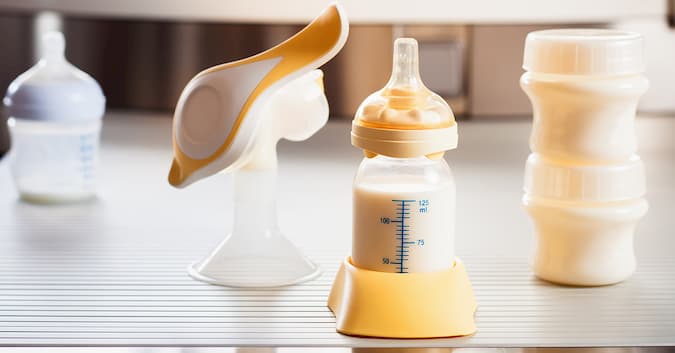03
Jul

Breastfeeding is one of the aspects of motherhood that can keep you awake at night, especially if you’re stressed out and you don’t produce enough milk. In such cases, you may notice that your baby won’t be able to gain the necessary weight with breastfeeding alone. Luckily, there are natural ways to increase milk supply and get a peace of mind.
Lactation Cookies – Can it get any better (and sweeter) than this? It’s the ideal solution for mummies with a sweet tooth, and even if you don’t feel like you have the time to bake some yourself, there are ready-made cookies you can buy at specialised stores online and have them delivered to your door.
They’re a great investment because they’re tasty and packed with carefully chosen ingredients, in the likes of galactagogues, the very substances that promote lactation. In addition to increase milk supply, they’re useful for boosting one’s energy, particularly brewer yeast and oats cookies which are full of vitamin B, and chromium that can help with balancing the blood sugar levels.

Lactation Tea – If tea is your cup of tea, you’re in for a treat! It’s easy to come across certified organic breastfeeding blends, containing ingredients such as fenugreek, lemon balm, fennel, aniseed and caraway seeds that increase milk supply.
Lactation Shakes – Although not recommended as a meal replacement, shakes can help with your lactation when you take them in addition to a well-balanced diet that consists of protein-rich foods like eggs, salmon, and leafy greens rich in vitamins A, C, and E, and oatmeal.
Regarding calories, remember that your body needs an extra calorie intake of about 500 calories when breastfeeding (but make sure you make healthy choices). There are low calorie shakes, free of additives, refined sugar and preservatives that you can turn into delicious smoothies, mixing them with some of your favourite fruits, nuts and seeds.
Vitamin Supplements – In case you’re vegetarian and don’t get the needed fatty acids and vitamins (omega 3 and vitamin D – mostly found in fish and milk), you might like to try enriching your diet with supplements. Don’t forget the important minerals either, such as calcium and iron.

Stay Hydrated – Surely you didn’t think you could leave water out when trying to increase milk supply! Apart from minding what you eat, you ought to drink more water so your body can make the milk your baby needs. Breastmilk contains about 90% water. If you’re not in the habit of minding your water intake, there are plenty of hydration apps that can be of help.
Nurse on Demand – You might think you’re in control of the feeding hours, but you’re not – your baby is. He or she sets the feeding time so the best way to go about it is to nurse when the baby wants, as often as he or she wants it because the more you do so, the more you’ll be stimulated to produce milk. Moreover, it’s important to let them feed fully on each side (making sure the latch and position are correct) since that’s how babies get all the nutrients present in the hindmilk.

Try a Breast Pump – When the baby doesn’t feed on both sides, you could empty both of the breasts properly with a breast pump and thus make your own milk supply in case you’re working and can’t spend all the time at home with your baby.
Foods and Drinks to Avoid – Alcohol and coffee shouldn’t be on your menu when nursing. Sometimes, some foods might also be problematic and cause irritation, allergies, or wheezing, so if you notice that happen after nursing, and you suspect something you ate that day might have to do with it, then try to avoid that food.
If you continue to experience issues after giving these solutions a try, consult your pediatrician.